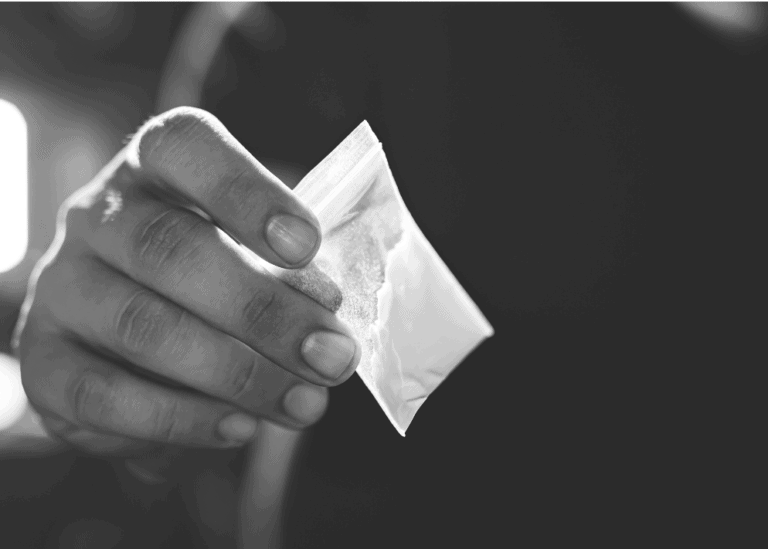Alcoholism is a difficult disease to treat. However, it can become even more complicated if an individual has a dual diagnosis or what is also known as a co-occurring disorder. This refers to when someone is addicted to alcohol and also has one or more mental health conditions. Any mental health disorder can co-occur with alcoholism but the most common are anxiety, depression, obsessive-compulsive disorder, and bipolar disorder.
It is common for individuals to be given a dual diagnosis by mental health and addiction treatment professionals. Alcoholics are more likely to have mental health conditions than non-alcoholics. Similarly, people with mental health disorders are more likely to become addicted to alcohol than people with good mental health.
The Link Between Alcohol and Mental Health Disorders
The relationship between mental health and alcohol is complex. Some people who have psychological problems use alcohol as a way to self-medicate. Unfortunately, some conditions make it difficult for individuals to stop drinking. This increases the likelihood that they will develop alcoholism. At the same time, alcohol consumption can worsen symptoms of mental illness. It can cause them to present earlier and more frequently and also make them last longer.
It is now recognized that alcoholism and mental health disorders need to be treated at the same time to improve outcomes. However, this wasn’t always the case. At one time, mental health professionals needed patients to stop drinking before they would treat them. Now, dual diagnosis is better understood.
Let’s look at some of the conditions that typically co-occur with alcoholism.
Depression
This may be the most common mental health disorder and it’s the most common dual diagnosis that presents with alcoholism. Many people living with depression drink in an effort to get relief from sadness, loneliness, and suicidal thoughts. While they may feel better in the short run, in the long term, their depression will worsen considerably.
Anxiety
Anxiety is another condition that’s common. Because alcohol makes individuals feel relaxed, many people with anxiety use it as a way to cope. Individuals with social anxiety often say alcohol makes them feel more confident in group settings. However, drinking can make anxiety worse over time. When people drink, they may put themselves in situations that heighten their anxiety.
Bipolar Disorder
There is a high rate of substance use disorders among people living with bipolar disorder. Since symptoms of drug abuse can be similar to those of mania and depression, bipolar disorder may go unnoticed. People with bipolar disorder tend to use alcohol because it can reduce their symptoms. Some people also develop bipolar disorder because of substance abuse and addiction.
Obsessive-Compulsive Disorder
People with obsessive-compulsive disorder often find alcohol appealing because it distracts them from their symptoms. However, it can exacerbate the symptoms over time. As the symptoms get worse, individuals drink more, and this causes even more OCD symptoms. This cycle leads to addiction quickly.
How Dual Diagnosis Affects Treatment
Any type of co-occurring mental health disorder can make it more difficult to treat alcoholism. Meanwhile, alcoholism makes it harder to treat mental illness. The signs of alcohol abuse are similar to those associated with many psychological conditions. This can make it almost impossible to properly diagnose the individual while they’re drinking. If an individual has multiple mental illnesses, it’s even harder.
Treating both alcoholism and the other condition(s) at the same time will reduce the symptoms of both. Usually, when an individual drinks less, their symptoms will be less severe and they will occur less often. They will, therefore, be less likely to drink because they want to escape the symptoms. This requires specialized treatment from both addiction professionals and mental health experts.
Dual diagnosis also has an impact on recovery. The process can be more challenging, especially if the mental illness has never been addressed or hasn’t been addressed in many years. Some conditions cause poor judgment, and this makes relapse more likely. Over time, alcohol may affect memory, which is why current studies are being conducted to research the links between alcohol and dementia. Despite the risk of developing alcohol dementia, recovery is still possible and most alcoholics with co-occurring disorders maintain sobriety if they get adequate treatment.
Get Help from Asheville Recovery Center Today
The combination of a mental health disorder and alcoholism can have a significant impact on every aspect of your life. Fortunately, there are many treatment options including therapy and medication. At Asheville Recovery Center, we’ll assess you to determine if you have any psychological problems that could prevent you from achieving sobriety. If you have multiple conditions, we’ll ensure that you receive quality care at a quality dual diagnosis treatment center. Call us today to schedule a consultation.






